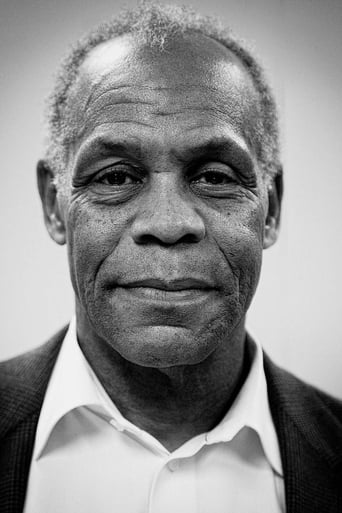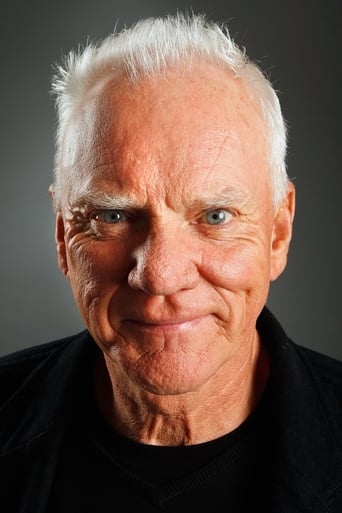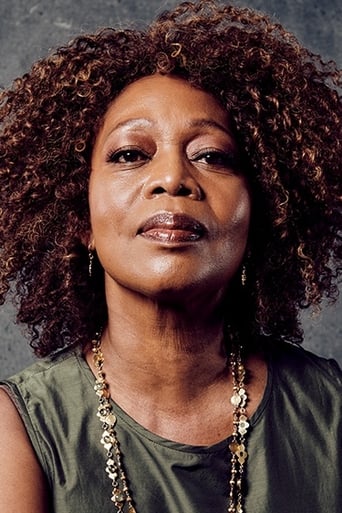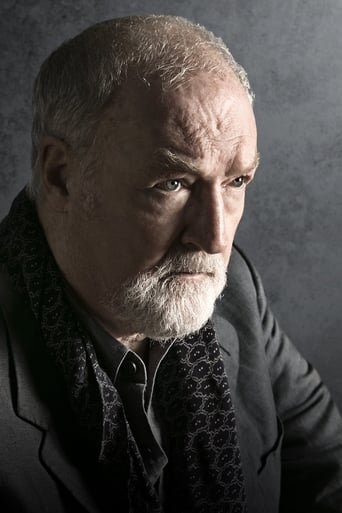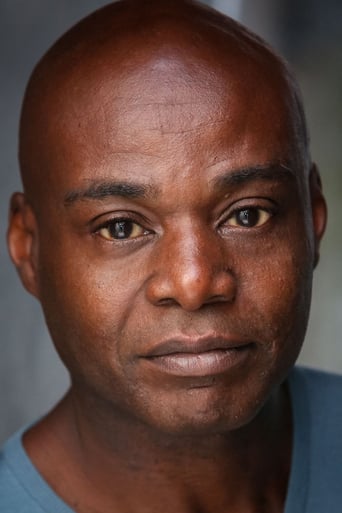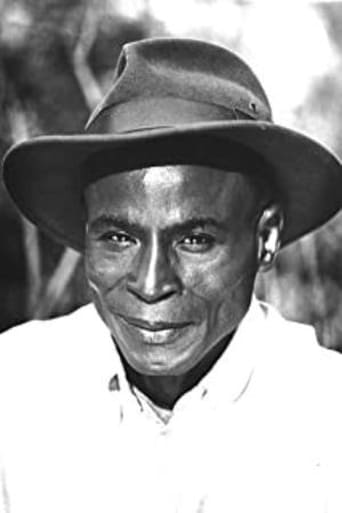Dr Jacques COULARDEAU
1980, South Africa. It is the time of the rebellion of all townships against Afrikaans and apartheid. The originality of this film is not to only look at the savage brutality of the South African whites but to look at the reality in a small township just before this rebellion and to explore the human and race relations existing there and how they are in the process of changing with a new generation of people arriving on the scene, though still in schools. It is in these schools that it will all start in the form of a refusal to speak Afrikaans and to answer any request, order or assignment given to them in Afrikaans. The film shows how the growing consciousness is crossing the family of the main black cop in the township, because law and order is in the hands of the South African Police whose officers are white but whose rank and file and even non-commissioned officers are black. It thus becomes the son against the father, but also the mother against the father, though the mother is the maid of the the main white officer of the police station and the husband is the main non-commissioned officer of the police station. But some people from the special branch arrive one day and the whole situation will explode, because they arrived, partly, because their first heroic act is the death of an older militant who hanged himself in his cell, with his hands tied up behind his back. But they also arrive on that day because their intelligence is telling them that the younger generation is listening to the militants that are not dead like Biko or in prison like Mandela or in exile like Mbeki. It shows how the local white head of the police station disagrees about these ruthless methods but he yields, though it is never clear whether it is because he wants to keep his job or because he lets himself be convinced about the necessity to bulldoze down this emerging movement. It also shows that the main black non-commissioned officer of the police station will finally resign and go back to his wife and his son, but it will be too late because a knife will be drawn and used before it can be prevented. And then the police reinforcements, this time mainly white, are arriving in the illegal funeral for the first batch of victims. Their is no end in such a policy : violence calls for resistance and violence which calls for more violence and it may last a long time before the powerful side yields and accept to share power and the majority side accepts a compromise that means sharing power and reconciliation. When we see such a film and remember these bloody years, we are justified to say that South Africa has come a long way and had gone, if not over the brink, at least quite close to taking the deep dive into an apocalyptic catastrophe. Strangely enough it is admirable that South Africa produced the leaders it needed to get out of the stalemate it had been cornered into by the bigotry of a racist and fascist regime.Dr Jacques COULARDEAU, University of Paris Dauphine & University of Paris 1 Pantheon Sorbonne
Brandt Sponseller
Although Bopha! is somewhat moving, and it's certainly about an important historical subject, it should have been much more moving than it is, and I don't give films extra points for their non-filmic references, no matter how important the subject is. Looking at the film purely as a self-contained artwork, it has a fair share of problems, including characterization and other script deficiencies as well as oddly flat direction.The setting of the film is South Africa in 1980, in the Moroka section of Soweto, on the outskirts of Johannesburg (although in reality it was shot in Zimbabwe, since Apartheid had not yet ended while filming--that didn't occur until 1994). Historically, 1980 was somewhat of a middle period of internal opposition to Apartheid, which the South African government had begun to press even harder in the 1960s, leading to increasing protests and demonstrations and their attendant violence throughout the 1970s and 1980s.Bopha! was originally a play by South African writer Percy Mtwa, and was earlier made into a semi-documentary television program that aired on PBS in the United States in 1986. Compared to the play, the film, directed by Morgan Freeman (his only directorial turn to date) significantly changes many of the characters, much of the story, and even the ending, which here is appropriately far more troubled and ambiguous than the "ray of hope" ending of the play.The story is centered on Micah Mangena (Danny Glover) and his family, wife Rosie (Alfre Woodard) and son Zweli (Maynard Eziashi). Micah is trying to better his family with his income as a policeman, but it's a time when black policeman are seen as traitors to their own people, since they're enforcing the laws of Apartheid. The negative attitude towards them, approaching ostracism and in some cases lynching, even carries over to policeman's families. Despite the risk and periodic threats, Micah hopes that Zweli will follow in his footsteps, as it is a more desirable choice than the alternatives, and at first, Zweli plans to. But in school, Zweli's friends gain courage to organize protests, and Zweli helps them out by arranging a meeting with a famed local anti-Apartheid activist, Pule Rampa (Malick Bowens). Rampa is considered a "terrorist" by the authorities, and merely meeting to discuss such political issues is against the law, so turmoil quickly follows and ends up forcing father and son on different sides of the law.Although Micah gets a lot of screen time and we learn something about the character, Freeman is unable to overcome an emotional distancing that makes it difficult to become invested as a viewer. Rosie and Zweli get less screen time, and feel even more distant. This especially hurts in the case of Zweli, as his character arc is essential to the impact of the film. For a large chunk of the middle, Zweli inexplicably disappears. The more minor characters can become completely lost and it is not always easy to keep track of them. It's difficult to not feel that Marius Weyers, as Micah's boss Van Tonder--the mostly understanding white guy, and Malcolm McDowell, as the villainous De Villers, aren't largely wasted. This is not to say that the events in the film involving all of the principal characters are not impactful, or that the actors do not turn in decent performances, but there just seems to be something relatively ineffable missing in the "chemistry" between performance, direction, script and editing.I found it odd that one reviewer described Bopha! as an "action" film. Yes, there are scenes of protests turning to violence, there are scenes of protesters running from the police, being chased and occasionally being shot and so forth, but these are not at all the focus of the film. Far more often, Freeman goes about his realist drama story very deliberately. Some viewers--my wife was one--may feel that the film is too slow. And consider that my wife is from South Africa--she lived in the government's Indian settlement, Lenasia, right next to Soweto, and experienced similar events! So it's not that she was not interested in the material.Freeman's directorial style is fairly pedestrian. He blocks scenes and conveys actions clear enough. He is rarely "showy" with his cinematography, although there are a couple shots of nice scenery, a nice wide shot of the township standing in for Soweto, a couple shots of sunsets and such. But this is a film that wants to hinge solely on its performances and on a heart-wrenching story in a complex time of turmoil. There are moments, such as a death in jail, a burned structure, characters who are shot, shot at and stabbed, and so on that should be as powerful as just about anything one can see in the cinema. But something about the story just doesn't click. It just feels too lightweight for what it should be, and consider this--I'm a viewer who very easily becomes emotional with such material; I very easily cry when I watch films. Unfortunately, I didn't shed a tear while watching Bopha! Still, the subject and its handling are competent enough, and the historical content important enough to warrant a slight recommendation, especially for anyone who wants or needs to get a small glimpse into what Apartheid was about. The best film about Apartheid-era South Africa has not yet been made but needs to be. Until then, Bopha! and a handful of others, such as Cry Freedom (1987) and Mandela (1987), will have to suffice.

